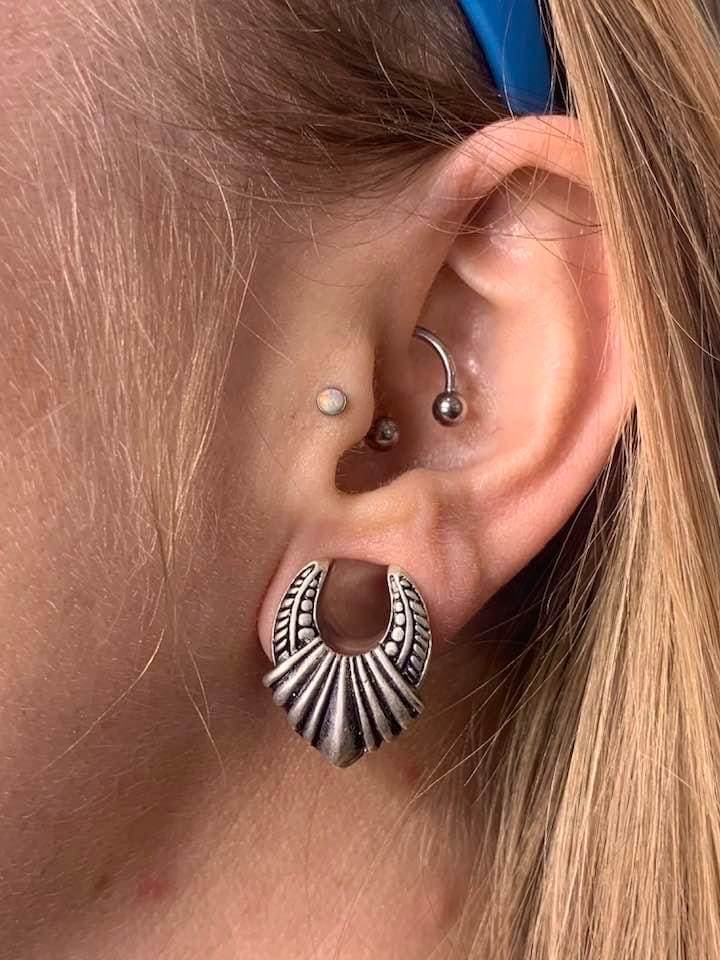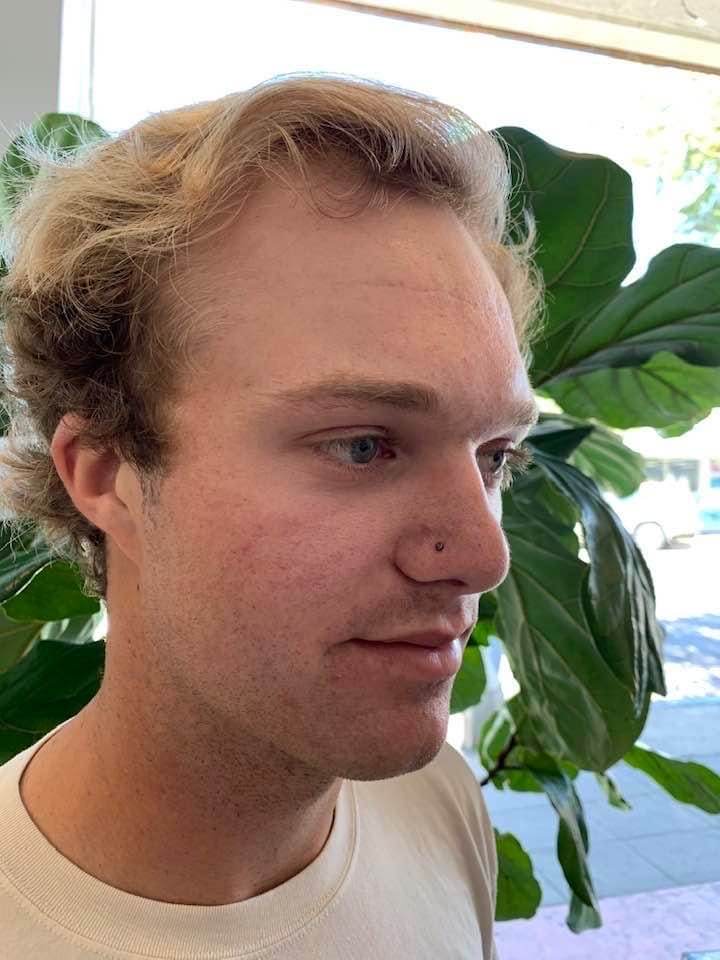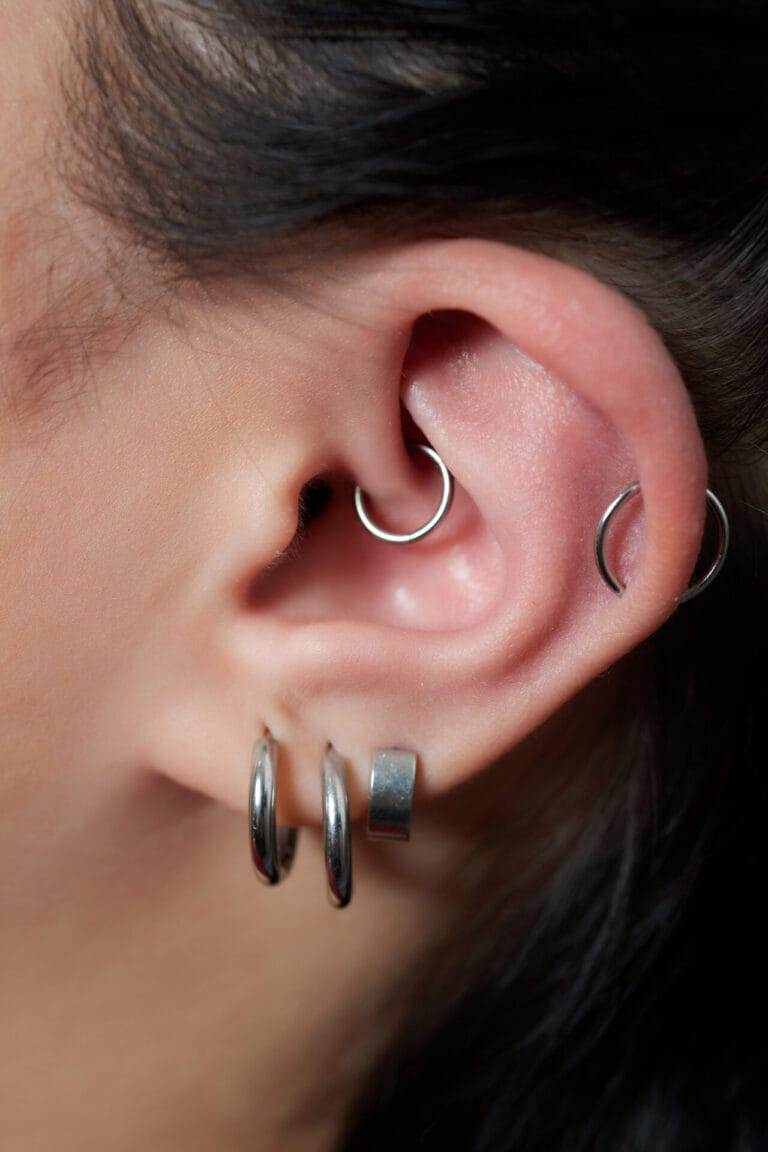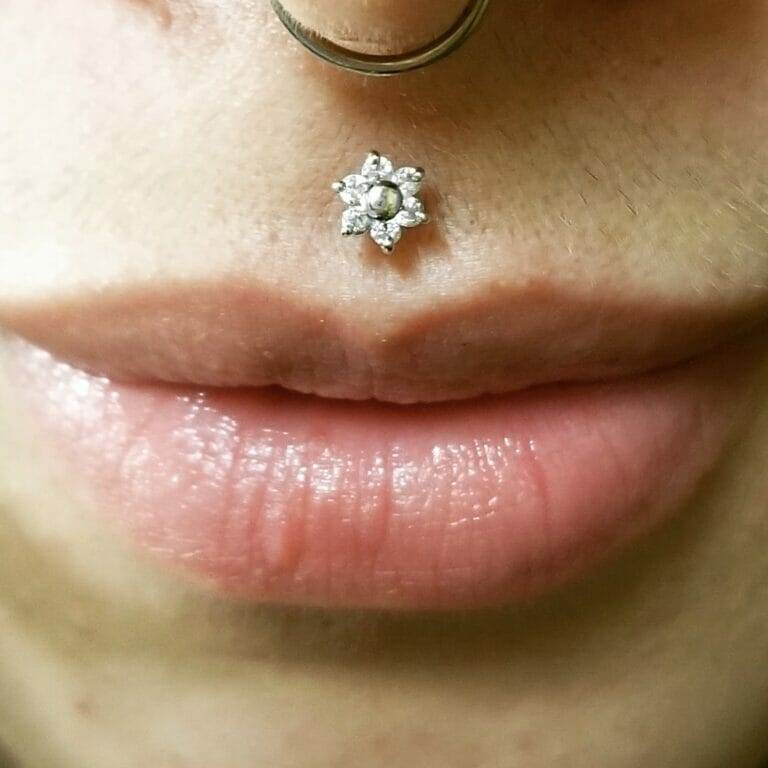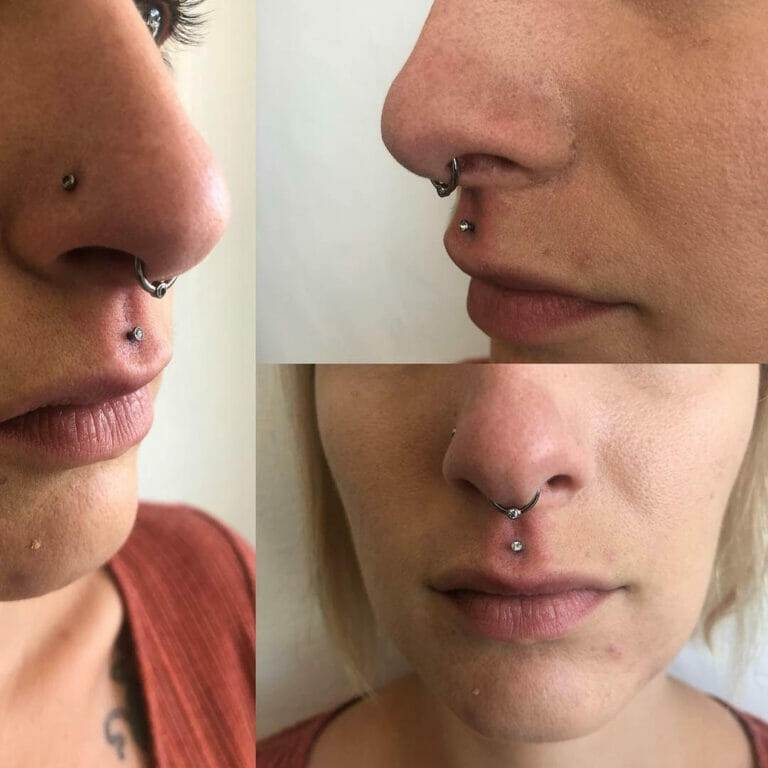Precision piercings are a form of body modification that involves creating a hole in the skin to insert jewelry. Unlike traditional earlobe piercings, precision piercings are done in specific areas of the body to achieve a unique and stylish look. These piercings require skill and expertise to ensure they are placed accurately and heal properly. The history of precision piercings dates back centuries, with various cultures around the world practicing different forms of body piercing for cultural, religious, or aesthetic reasons.
Types of Precision Piercings
There are several types of precision piercings that individuals can choose from to express their personal style and preferences:
- Ear Piercings: Tragus, helix, conch, rook, daith
- Facial Piercings: Eyebrow, nostril, septum, lip
- Body Piercings: Nipple, navel, genital
Factors to Consider Before Getting a Precision Piercing
Before getting a precision piercing, there are several factors to consider to ensure a successful and positive experience:
- Pain tolerance
- Healing time
- Lifestyle and job requirements
- Allergies and medical conditions
- Personal style and preferences
Choosing the Right Piercing Professional
Choosing the right piercing professional is essential for a safe and successful piercing experience:
- Research piercing studios and professionals
- Check for certifications and licenses
- Ask for recommendations
- Discuss concerns and questions with the piercer
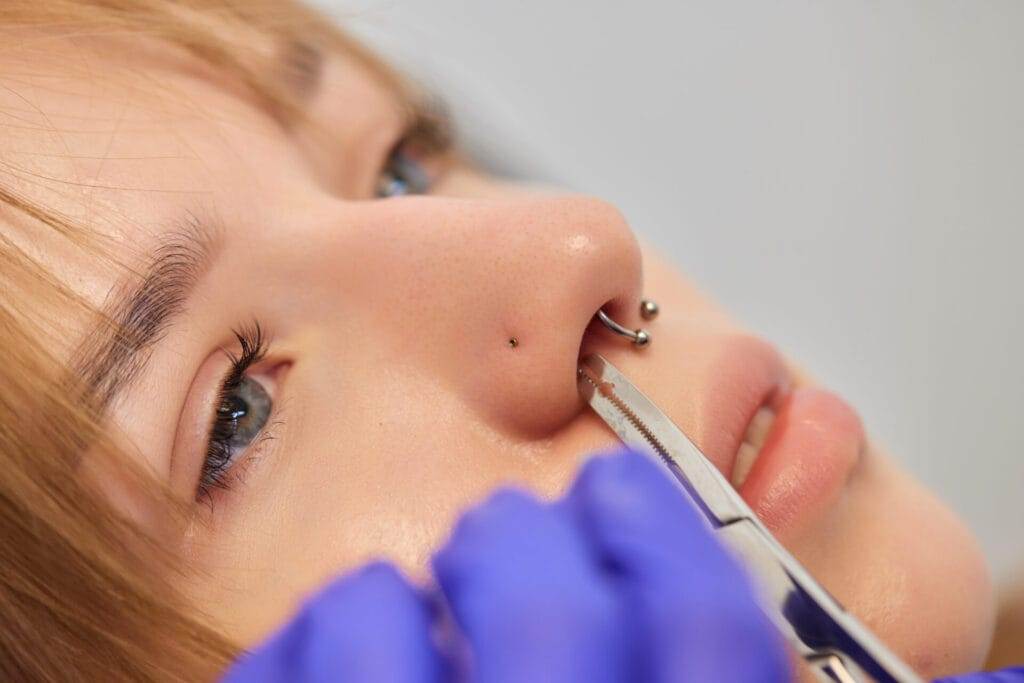
The Piercing Process
The piercing process typically involves:
- Preparation and sterilization of the area
- Marking the precise location of the piercing
- Creating the hole using appropriate technique
- Inserting jewelry carefully
- Providing aftercare instructions
Aftercare Tips for Precision Piercings
Aftercare tips include:
- Cleaning and disinfecting the piercing regularly
- Avoiding irritants and trauma to the area
- Changing or upgrading jewelry as needed
- Monitoring for signs of infection or rejection
Common Risks and Healing Time
Common risks associated with precision piercings and healing time considerations:
- Infection, allergic reactions, keloids, migration/rejection
- Factors affecting healing time: aftercare, hygiene, lifestyle
Enhancing Your Precision Piercing with Accessories
Enhance your precision piercing with accessories:
- Various jewelry options available
- Match jewelry to personal style preferences
- Experiment with layering and mixing metals for unique looks
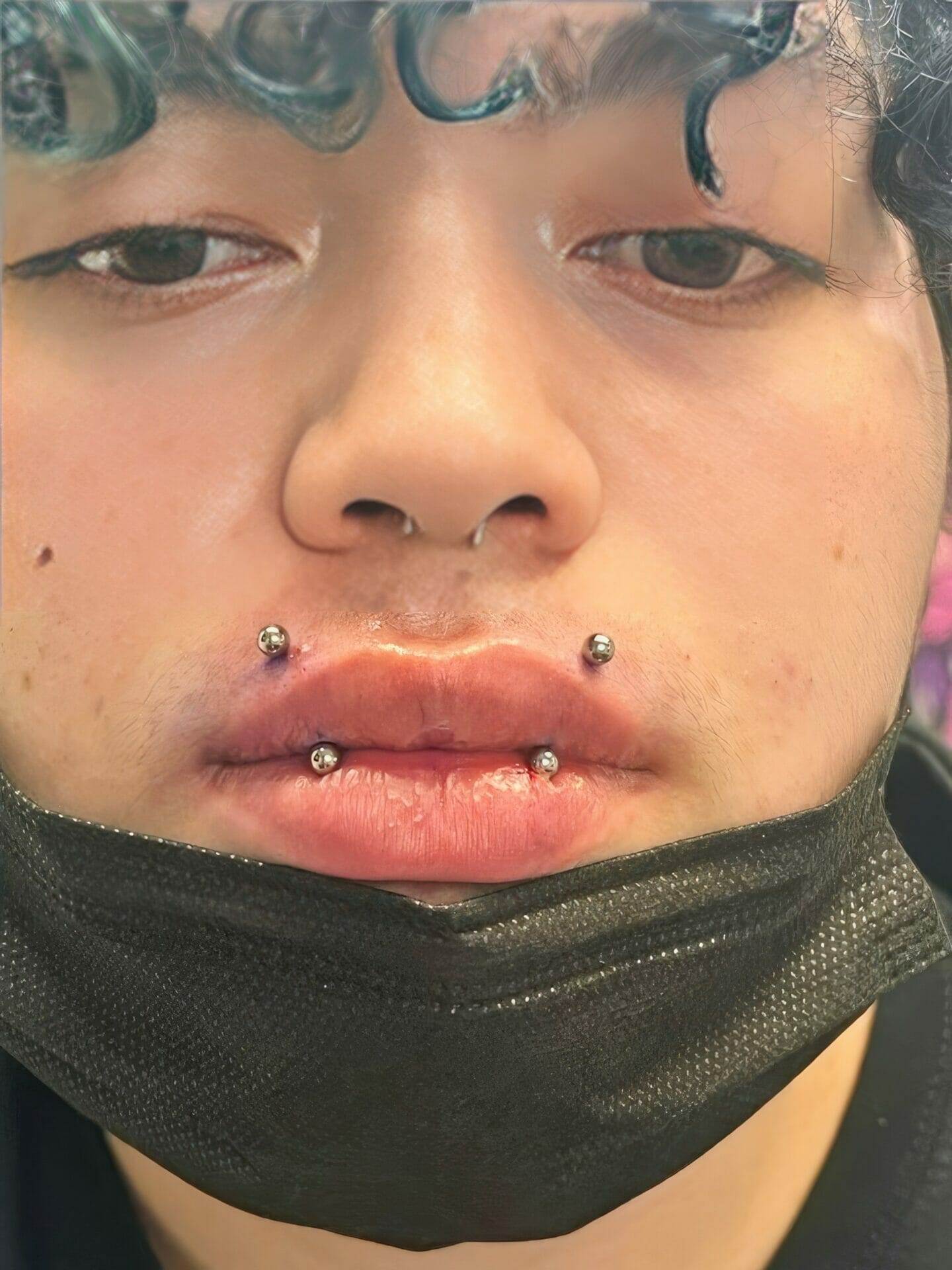
In conclusion, making the decision to get a precision piercing requires careful consideration of various factors. Thorough research, asking questions, following aftercare instructions diligently, and monitoring your piercing are crucial for a successful experience. Proper aftercare is essential for healing and preventing complications. Getting a precision piercing should be a positive and empowering experience allowing you to creatively express yourself through body adornment.

